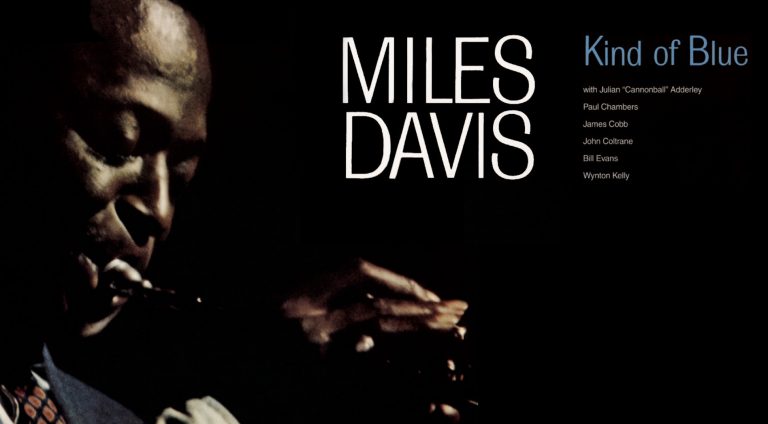When it comes to musical styles, Jazz is one of those genres that doesn’t die. Jazz has been used as a reference in other music styles, even on rock and roll. Famous musician groups like Led Zeppelin, The Doors, and The Grateful Dead had used jazz and jazz fusion in their music. What makes this kind of music timeless is how versatile it is, and the musician can add new flavor with improvisation.
Although jazz music is known for its great improvisation, many jazz albums stood the test of time. There are jazz legends who gave their best to achieve timeless compositions, and they succeeded. Without further ado, here are some of the most famous jazz albums of all time.
4 Timeless Albums For Jazz Enthusiasts
Kind Of Blue by Miles Davis (1959)
“Kind Of Blue” is probably one of the most famous jazz albums in history. It was composed and recorded by Miles Davis, one of the most influential figures of jazz. After working with a “hard bop” style, Davis decided to do other stuff and based his next project entirely on modality.
In one interview, Davis had laid the difference between bebop and the style he used on “Kind Of Blue.” He explained how modal jazz gives the artist more freedom of expression without worrying about the composition. Most critiques regard this album as Davis’s most remarkable work in music.
Time Out by Dave Brubeck Quartet (1959)
The album “Time Out” was released in 1959 by the American jazz group Dave Brubeck Quartet. It is known for using time signatures that are considered “unusual,” such as 9/8 and 5/4. One of the best tracks on this album is “Take Five,” which is also the first jazz song that successfully sold over one million copies.
According to Dave Brubeck, the style he used on “Time Out” was experimental at that time. He was on tour in Turkey when musicians started playing songs with unusual time signatures on the streets. Time Out has been considered one of the “1001 Albums You Must Hear Before You Die” list.
A Love Supreme by John Coltrane (1965)
Even though this album is quite late on the jazz party, saxophonist John Coltrane still managed to release “A Love Supreme” in 1965. He, McCoy Tyner, Jimmy Garrison, and Elvin Jones had recorded a one-session record. The album is still regarded as one of the best Jazz tracklists in history and Coltrane’s bestselling album.
“A Love Supreme” is known for featuring four parts: Acknowledgement, Resolution, Pursuance, and Psalm. Coltrane played all the saxophone parts, admitting some of his influence in the Ahmadiyya Islam’s compositions. The album has been certified Gold in Italy, United Kingdom, and the United States. Critiques had described Coltrane’s work as a representation of gratitude and struggle for purity.
Ellington At Newport by Duke Ellington (1956)
“Ellington At Newport” is a live jazz album performed by Duke Ellington and released in 1956. This performance was a part of a concert which happened at the Newport Jazz Festival. Just like Bruebeck’s album, this one is included in the list of “1001 Albums You Must Hear Before You Die.” This performance has been regarded as Ellington’s best performance in all of his career.
Three separate parts make up the performance: The Beginning, The Gonsalves Solo, and the Ending. In the first few minutes, he played some of the 1938 vintage set and other improvised performances. He was later joined by tenor saxophonist Paul Gonsalves, with bassist Jimmy Woode. At the end of his performance, Ellington played “I Got it Bad” and “Jeep’s Blues.”
The crowd enjoyed the performance that night that Ellington himself had to play a few more songs to end the evening.

0 Comments